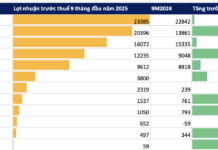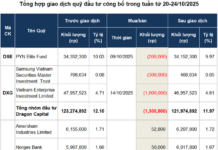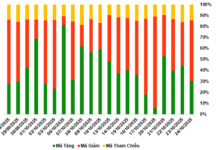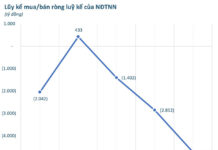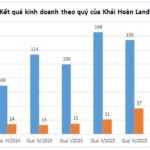Cassava is an important crop in Vietnam, and it has evolved from a staple food crop to a cash crop, playing a significant role in the country’s agricultural sector. The Vietnamese government recognizes its potential, including it in the list of top 10 export crops. With a focus on sustainable development, the Ministry of Agriculture and Rural Development aims to increase cassava production to 11.5-12.5 million tons by 2030.
CASSAVA – A PROMISING LOCAL INGREDIENT
On April 17, 2024, the Ministry of Agriculture and Rural Development issued Decision No. 1115/QD-BNN-TT, approving a project for the sustainable development of the cassava industry by 2030, with a vision towards 2050. The project sets ambitious targets, including increasing the proportion of cassava used for deep processing into products like starch, ethanol, and MSG to 85% and achieving an export turnover of 1.8-2.0 billion USD.
The vision for 2050 is even more promising, with a focus on sustainable farming practices and a further increase in deep processing. The project aims for 70-80% of cassava farming areas to adopt sustainable farming practices, with over 90% of cassava used for deep processing, and an export turnover of 2.3-2.5 billion USD.
The provinces of Dong Nai, Binh Phuoc, Tay Ninh, and Ba Ria-Vung Tau are leading the way with a sustainable cassava project covering 78.6 hectares since April 2023. In Tay Ninh, with its significant agricultural land, cassava cultivation accounts for 23% of the total area, and the province has made remarkable achievements in cassava production, processing, and export turnover.
A recent seminar organized by the Business Studies and Assistance Center (BSA) and the Vietnam High-Quality Goods Business Association highlighted the importance of green innovation and the use of local ingredients in the context of globalization and climate change. The experts emphasized that local, nutrient-rich ingredients not only promote innovation but also help preserve Vietnam’s culinary culture.
At the seminar, Ms. Vu Kim Hanh, Chairwoman of the Vietnam High-Quality Goods Business Association, acknowledged that agricultural processing remains a challenge for Vietnam. However, there have been positive developments in recent years, with local resource development and technology application leading to new products.
Ms. Hanh believes that creative ideas that result in tangible products introduced to the market will inspire and ignite the passion for creativity in the startup community, fostering a sustainable future for local resources across Vietnam.
The emergence of young entrepreneurs passionate about harnessing local resources and creating products that meet domestic and international market demands bodes well for the sustainable development of the food processing industry, particularly in the realm of agricultural products.
“We may not be able to compete with France or the US in terms of technology, but they don’t have cassava or wax rice like we do. That’s our opportunity,” emphasized Ms. Vu Kim Hanh.
BRINGING LOCAL RESOURCES TO THE MARKET
Cassava is a familiar ingredient in Vietnamese cuisine, featuring in both rustic dishes from the countryside and refined desserts in upscale restaurants. Additionally, cassava starch is used in the production of cakes and candies, can be fermented to make beverages, alcohol, and other fermented products, and is utilized as animal feed.
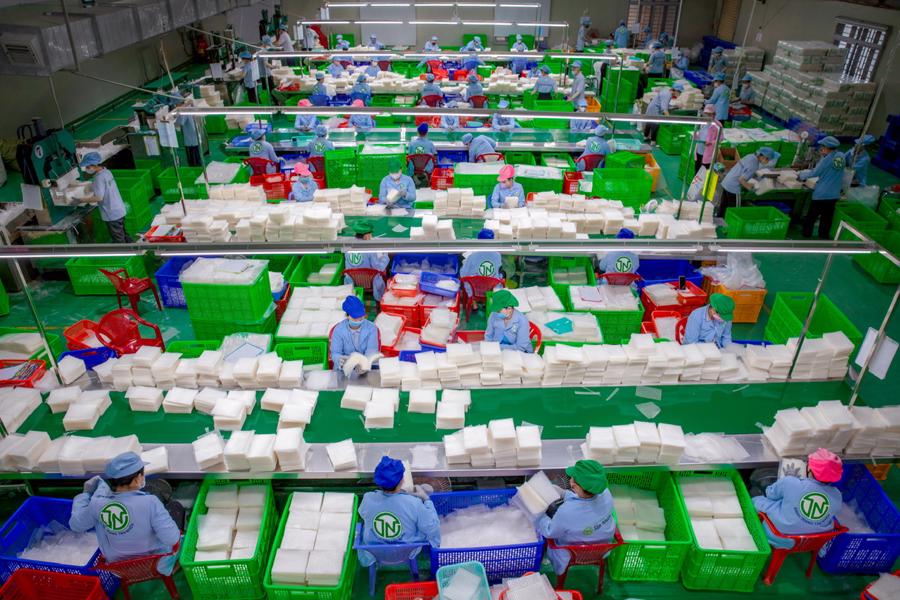
For example, in Tay Ninh, the brand “Tan Nhien” cassava crackers, which do not require dipping in water, are now available in most localities and are exported to many countries worldwide. Mr. Dang Khanh Duy, CEO of Tan Nhien Limited Company, shared that his understanding of cassava led him and his wife to invest in a factory, purchase production lines, and hire workers in 2018.
Not only have they conquered the domestic market, but since 2020, their super-thin crackers have also been exported worldwide. Tan Nhien’s products meet the OCOP 4-star standard domestically and the FSSC 22000 standard internationally, allowing them to enter markets in China, South Korea, Taiwan, Japan, and soon, the United States.
In addition to crackers, the company also offers a range of products under the brand name “Mr. Muoi,” utilizing local ingredients from various regions, such as garlic from Phan Rang, salt from Tay Ninh, lotus seeds from Dong Thap, cane sugar from Quang Ngai, and crab from Ca Mau.









